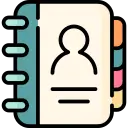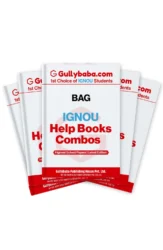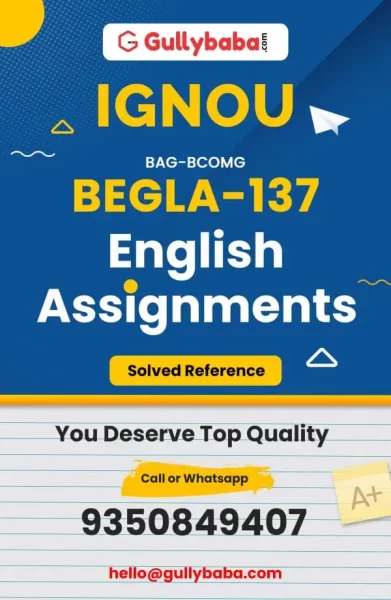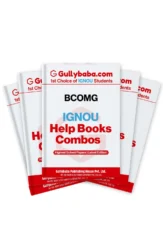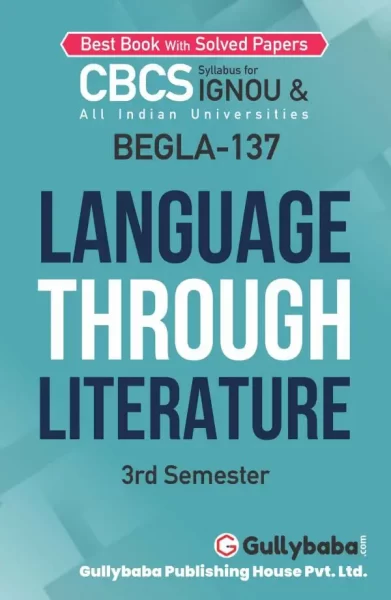-
Sale!
BEGLA-137 + BEGS-183 + BHIC-133
IGNOU BAG History Combos
Original price was: ₹800.00.₹400.00Current price is: ₹400.00.Bought by : 3834 StudentsIn Stock Only 0 left ! -
Sale!
BCHS-183 + BEGLA-137 + BHIC-133
IGNOU BAG History Combos
Bought by : 3262 StudentsIn Stock Only 0 left ! -
Sale!
BAPI-02 + BEGLA-137 + BHIC-133
IGNOU BAG History Combos
Bought by : 3681 StudentsIn Stock Only 0 left ! -
Sale!
BEGLA-137
Language Through Literature
Bought by : 2351 StudentsIn Stock Only 0 left ! -
Sale!
BEGC-133 + BEGLA-137 + BEGS-183
IGNOU BAG English Combo
Bought by : 3828 StudentsIn Stock Only 0 left ! -
Sale!
BCHS-183 + BEGC-133 + BEGLA-137
IGNOU BAG English Combo
Bought by : 2271 StudentsIn Stock Only 0 left ! -
Sale!
BEGLA-137 + BEGS-183 + BPSC-133
IGNOU BAG Political Science Combos
Bought by : 3281 StudentsIn Stock Only 0 left ! -
Sale!
BCHS-183 + BEGLA-137 + BPSC-133
IGNOU BAG Political Science Combos
Bought by : 3176 StudentsIn Stock Only 0 left ! -
Sale!
BAPI-02 + BEGLA-137 + BPSC-133
IGNOU BAG Political Science Combos
Bought by : 2499 StudentsIn Stock Only 0 left ! -
Sale!
BCHS-183 + BEGLA-137 + BHDC-133
IGNOU BAG Hindi Combo
Bought by : 2660 StudentsIn Stock Only 0 left ! -
Sale!
BEGLA-137 + BEGS-183 + BPCC-133
IGNOU BAG Psychology Combos
Bought by : 2047 StudentsIn Stock Only 0 left ! -
Sale!
BCHS-183 + BEGLA-137 + BPCC-133
IGNOU BAG Psychology Combos
Bought by : 3645 StudentsIn Stock Only 0 left ! -
Sale!
BAPI-02 + BEGLA-137 + BPCC-133
IGNOU BAG Psychology Combos
Bought by : 2302 StudentsIn Stock Only 0 left ! -
Sale!
BECC-133 + BEGLA-137 + BEGS-183
IGNOU BAG Economics Combo
Bought by : 2066 StudentsIn Stock Only 0 left ! -
Sale!
BCHS-183 + BECC-133 + BEGLA-137
IGNOU BAG Economics Combo
Bought by : 3599 StudentsIn Stock Only 0 left ! -
Sale!
BAPI-02 + BECC-133 + BEGLA-137
IGNOU BAG Economics Combo
Bought by : 3726 StudentsIn Stock Only 0 left ! -
Sale!
BCHS-183 + BEGLA-137 + BESC-133
IGNOU BAG Education Combo
Bought by : 2078 StudentsIn Stock Only 0 left ! -
Sale!
BEGLA-137 + BEGS-183 + BPAC-133
IGNOU BAG Public Administration Combos
Bought by : 3848 StudentsIn Stock Only 0 left ! -
Sale!
BCHS-183 + BEGLA-137 + BPAC-133
IGNOU BAG Public Administration Combos
Bought by : 2418 StudentsIn Stock Only 0 left ! -
Sale!
BAPI-02 + BEGLA-137 + BPAC-133
IGNOU BAG Public Administration Combos
Bought by : 3868 StudentsIn Stock Only 0 left ! -
Sale!
BEGLA-137 + BEGS-183 + BSOC-133
IGNOU BAG Sociology Combo
Bought by : 2383 StudentsIn Stock Only 0 left ! -
Sale!
BCHS-183 + BEGLA-137 + BSOC-133
IGNOU BAG Sociology Combo
Bought by : 2181 StudentsIn Stock Only 0 left ! -
Sale!
BAPI-02 + BEGLA-137 + BSOC-133
IGNOU BAG Sociology Combo
Bought by : 2771 StudentsIn Stock Only 0 left ! -
Sale!
BANC-133 + BEGLA-137 + BEGS-183
IGNOU BAG Anthropology Combo
Bought by : 3154 StudentsIn Stock Only 0 left ! -
Sale!
BANC-133 + BCHS-183 + BEGLA-137
IGNOU BAG Anthropology Combo
Bought by : 3688 StudentsIn Stock Only 0 left ! -
Sale!
BANC-133 + BAPI-02 + BEGLA-137
IGNOU BAG Anthropology Combo
Bought by : 2619 StudentsIn Stock Only 0 left ! -
Sale!
BCOC-135 + BCOC-136 + BCOS-183 + BEGLA-137
IGNOU BCOMG Commerce Combo
Bought by : 3489 StudentsIn Stock Only 0 left ! -
Sale!
BAPI-02 + BCOC-135 + BCOC-136 + BEGLA-137
IGNOU BCOMG Commerce Combo
Bought by : 2398 StudentsIn Stock Only 0 left ! -
Sale!
BEGLA-137
Language Through Literature
Bought by : 3019 StudentsIn Stock Only 0 left !

